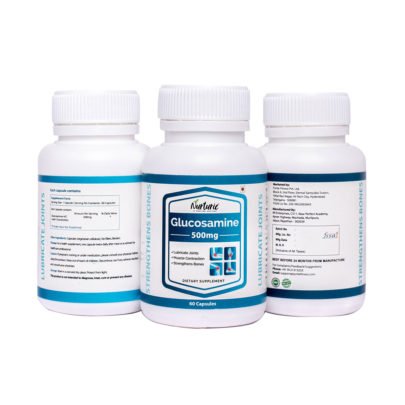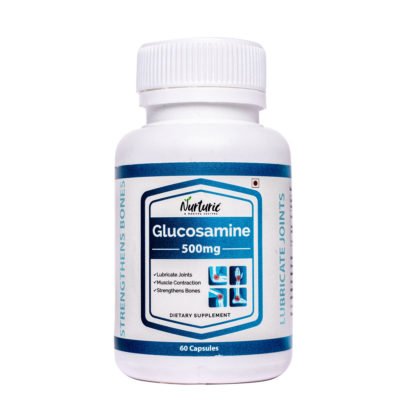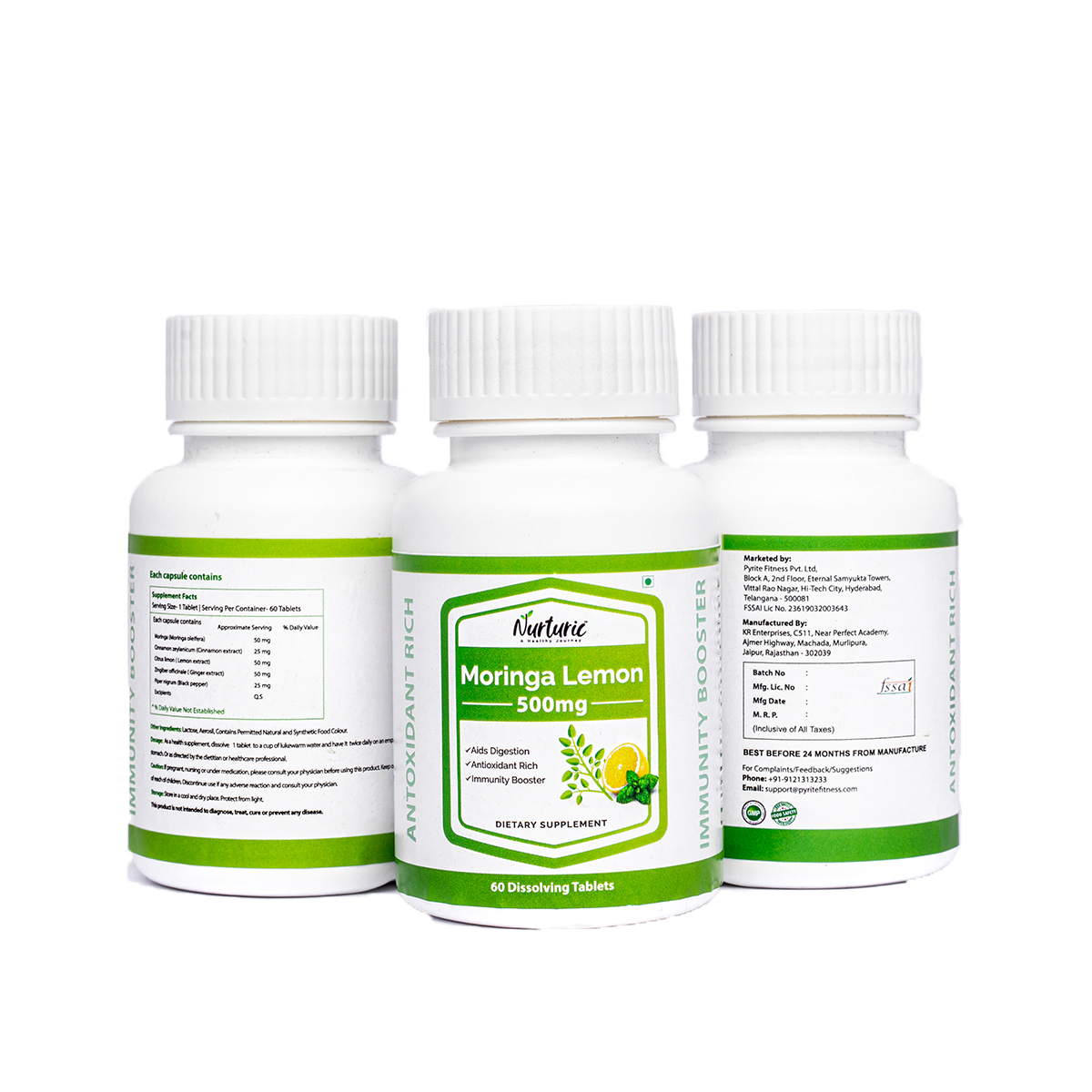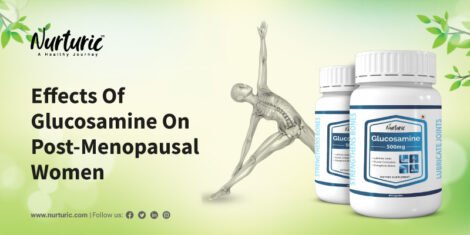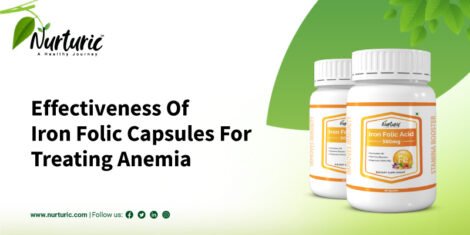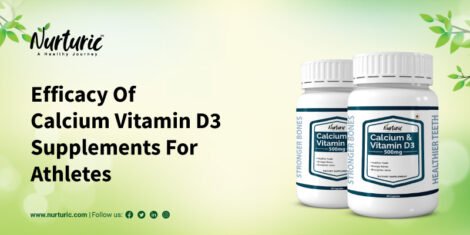- You have no items in your shopping cart
- Subtotal: ₹0.00
With a multitude of women working full-time, raising a family and caring for a household these days, their hectic schedules leave little time for proper nutrition. Many people rely on ready to eat foods, which are highly processed and low in nutritional value, to make life easier. This has contributed to increased concern about women’s health issues as well as an increase in diseases. Here, omega-3 soft gel capsules come into play with numerous benefits required for women.

Omega-3 soft gel capsules have received a lot of attention recently due to its enormous positive impact on overall health. It is one of the most critical factors in women’s overall health. Let us now look at the benefits of taking omega-3 capsules.
What Are Omega-3 Fatty Acids?
Omega-3 fatty acids are dietary polyunsaturated fatty acids and a type of fat molecule found in the cells of many of your body’s organs. It is a group of fatty acids that your body cannot produce, which is why you must get them from somewhere else.
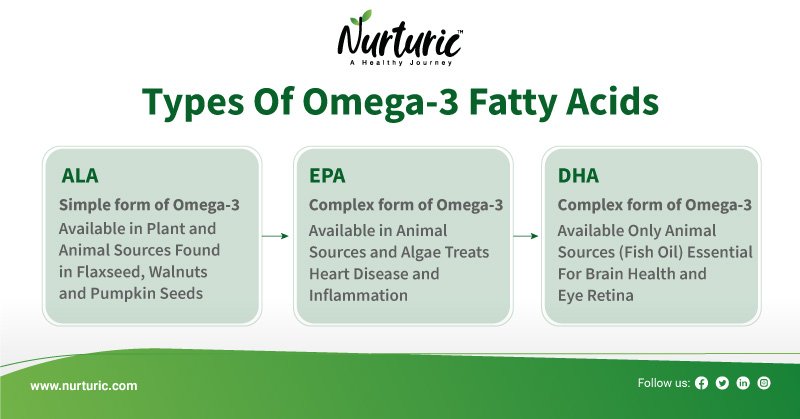
Most of your body’s fats can be synthesized from other foods, but omega 3 fatty acids are not one of them. It plays a vital role in your diet, and there are three types of omega-3 fatty acids that you should consume.
1. ALA
Alpha-linolenic acid is the common omega-3 fatty acid in your diet. It is used for energy and also converted into biologically active forms of omega-3. Sadly, the body isn’t very good at converting ALA into the other omega-3, and the process is inefficient.
2. DHA
An essential fatty acid is docosahexaenoic acid (DHA). This omega-3 fatty acid is an essential structural component of the brain, eye retina and other organs, which is one of the biologically active forms of ALA that can be formed.
3. EPA
Eicosatetraenoic acid is a polyunsaturated omega-3 fatty acid found in fish, shellfish and algae. It is most commonly used to treat heart disease, prevent adverse events after a heart attack, and treat depression and menopause. A portion of this can also be converted into DHA. This omega-3 has a wide range of functions in the body.
Omega-3 fatty acids belong to the polyunsaturated fat family, have remarkable abilities to fight diseases and improve overall health. These fatty acids are crucial for both physical and mental health. Let’s look at some of the omega-3 benefits for women now.
10 Benefits Of Omega-3 Soft Gel Capsules For Women
Women today are known as multitaskers and relentless performers both at home and at work. Because of their hectic schedules, they frequently neglect their health and overlook the importance of a nutritious diet. Omega-3 fatty acids can significantly impact women’s health and should be included in everyone’s diet. It lowers the risk of heart disease and inflammation, but it is also effective in treating symptoms of mental illness.

The lifestyle, frequent travel, and a diet high in processed fast food devoid of healthy nutrients are factors that have led to a rapid decline in women’s health and an increase in various diseases. If you supplement your diet with omega-3 fatty acids, you will improve your health and reduce the symptoms of many common diseases. Aside from general health benefits, omega-3 is especially beneficial for women for the following reasons.
1. Eases Menstrual Pain
Monthly, most women experience menstrual cramps and abdominal discomfort; this condition is known as dysmenorrhea, usually caused by uterine contractions triggered by prostaglandins. As it contains anti-inflammatory properties, omega-3 fatty acids may help relieve menstrual pain.
2. Fends Off Depression
According to health reports, fighting depression becomes a little easier when combined with a balanced diet and omega-3 supplements. When it comes to hormonal fluctuations and mood swings, eating ingredients like cod liver oil and other types of seafood can help. Regular consumption of this nutrient can reduce or treat the symptoms of depression.
3. Helps In Weight Management
Cortisol is a hormonal disorder that leads to fat gain, particularly around the midsection. Cortisol levels in women with PCOS are elevated. Consumption of these fatty acids lowers cortisol levels, which aids in weight management. Omega-3 foods also promote fat burning in the body and reduce hunger, making it easier to lose or maintain weight.
4. Prevents Osteoporosis
Osteoporosis is a chronic disorder in which a person’s bone density declines, causing it to become weak.

Women are more likely to develop osteoporosis compared to men. This occurs in women after menopause due to lower levels of estrogen, which usually promotes bone growth. Omega-3 fatty acids rich foods or supplements can help to maintain bone strength.
5. Enhances Bone Health
Some factors like the food we eat, our environment, and daily stress cause inflammation that can lead to chronic bone-related disorders or fatigue. Lower estrogen levels during menopause result in slower calcium absorption, which can compromise bone health and cause painful ailments such as arthritis. Omega-3 fatty acids reduce inflammation and increase bone mineral density, making them an excellent supplement to take during menopause to improve bone health. Most women experience arthritis during menopause, either as a result of inflammation or cartilage degeneration. EPA and DHA can help to alleviate morning joint stiffness, which is another symptom of rheumatoid arthritis. It can cause pain, discomfort, and stiffness, all of which can hurt a person’s well-being.
6. Reduces Symptoms Of PCOS
Omega-3 fatty acids are found in salmon, sardines, chia seeds and flax seeds. Omega-3 supplementation can help women with PCOS lower testosterone levels and regulate their menstrual cycle. SHBG (Sex Hormone Binding Globulin) is a protein that binds estrogen in your bloodstream, rendering it inactive and unable to affect your body’s tissues. SHBG helps keep testosterone levels regular, but many women with PCOS have low levels of SHBG, resulting in more than active testosterone in your system.
7. Promotes Healthy Heart
Compared to other women, women with polycystic ovarian syndrome, or PCOS, have a significantly increased risk of developing heart disease. Omega-3 fatty acids lower the risk of cardiovascular disease. A healthy diet and daily exercise are also crucial for women with PCOS to maintain a healthy heart.
8. Prevents Preeclampsia
Preeclampsia, or increased blood pressure during pregnancy, is extremely dangerous.

The omega-3 fatty acids found in fish oil help maintain healthy blood pressure and reduce health risks for both mother and child.
9. Improves Melatonin Hormone
The less well-known Melatonin is an essential hormone in the human body. It serves various purposes, including promoting ovarian health and egg quality. Women with PCOS have disturbed sleep, which interferes with the production of the melatonin hormone. Omega-3 fatty acids positively affect the pineal gland in the brain, which is the melatonin production center.
10. Maintains Skin Health
Your skin is the largest organ in your body, and it relies on a delicate balance of nutrients to function correctly. Unfortunately, when your skin is exposed to environmental stressors, allergens, and toxins, it can become damaged. These can cause your epidermis to deteriorate, resulting in flare-ups, dryness, and irritation.
Omega-3 supports your skin membranes, assists in repairing any damaged cells or tissues and increases the strength of your epidermis, making pathogens and allergens less likely to penetrate. It has anti-inflammatory properties that can soothe swelling. Because inflammation is a significant cause of skin conditions like acne, eczema, and psoriasis, omega-3 is thought to play a role.
These are some of the omega-3 capsules uses. Let us now look at some natural sources of omega 3 fatty acids.
The Best Sources of Omega-3 Fatty Acids
Eating fatty fish like mackerel, tuna, or salmon is the best way to get omega-3. It can also be found in nuts such as walnuts and flaxseeds, chia seeds and hemp seeds. Small amounts can also be found in plant oils and leafy vegetables. Choose fish with low levels of mercury contamination if you want to increase your omega-3 intake by eating fish. Mercury is not only a neurotoxin, but it also prevents the body from adequately absorbing omega-3.

Having too many omega-3 fatty acids in your diet also hurts omega-3 absorption. Some plant sources of omega 3s tend to contain only ALA and not DHA and EPA. Among the sources of omega-3 foods are:
Plant-Based Sources Of Omega-3
- Flaxseeds
- Chia Seeds
- Walnuts
- Soybeans
- Spinach
- Canola Oil
- Tofu
Seafood Sources Of Omega-3
- Mackerel
- Salmon
- Oysters
- Caviar
Now that you’ve seen the natural sources of Omega-3, let’s discuss the signs and symptoms of Omega 3 deficiency.
Signs And Symptoms Of Omega-3 Deficiency
Because omega-3s play so many different roles in the body, a deficiency can manifest itself in various ways, from brain health to skin health. Some symptoms of an omega-3 deficiency include:
- Sleeping difficulties
- Decreased concentration
- Allergy symptoms
- Dry skin
- Brittle hair
- Joint pain
Here are some of the signs and symptoms of omega-3 deficiency. It’s pretty clear by now that omega-3 is an essential component of a healthy diet, so getting enough is critical for your health.

Because you cannot produce the omega-3s you require, you must obtain them through your diet or through supplements.
Our Take
Supplements are available to fill the void of several nutrients that we are unable to obtain naturally. To be in the safe zone and avoid complications, ensure to check with your doctor before trying out any supplement.
FAQ’s
1. What are the benefits of omega-3 supplements for women?
Omega-3 fatty acids help to lower the risk of heart disease and cancer. On the other hand, women benefit more because omega-3 protects against conditions that only affect women, such as menstrual pain, osteoporosis and rheumatoid arthritis.
2. How much omega-3 should a woman take daily?
It is recommended that a capsule be taken twice a day, after meals.
3. Does omega-3 help with memory?
EPA and DHA, omega-3 fatty acids, are essential for normal brain function and development at all stages of life. EPA and DHA appear to play important roles in the brain development of a baby.
4. How much omega-3 should a pregnant woman take?
It is recommended to take not more than 200 mg at a time. However, before incorporating it into your diet, consult your doctor
5. Why are omega-3 fatty acids an essential contribution?
Omega-3 fatty acids are a variety of fats that are essential to our diet. Our bodies cannot produce them on their own, so we must get them through our diet. They help prevent depression, ADHD, help with specific organs, and decrease inflammation in the body. They play an essential role in our bodies and provide a variety of health benefits.
6. Which is the best vegan omega 3 supplement?
ALA is the main vegan omega-3 fatty acid, found mostly in plant foods, and by adding plant foods to your diets such as chia seeds and walnuts, you can help boost your omega-3 levels.
7. How often should you eat omega-3 fatty acids?
Omega-3 fatty acids have a plethora of health benefits. The best way to reap them is to eat fatty fish at least twice a week, but if you don’t, you should consider taking a supplement.
8. What kind of omega-3 oil is good for you?
Omega-3 fatty acids have a plethora of health benefits. The best way to reap them is to eat fatty fish at least twice a week, but if you don’t eat fish, you should consider taking a supplement.
9. Is it good to take omega-3 capsules daily?
Yes, taking omega-3 capsules daily in the recommended dosage is beneficial. Because it has numerous health benefits. Eating fatty fish at least twice a week is the best way to reap the benefits, but if you don’t consume fish, you should consider taking a supplement.
10. How does omega-3 fish oil supplement work?
Fish oil is one of the most popular dietary supplements. It’s high in omega-3 fatty acids, which are essential for good health.




